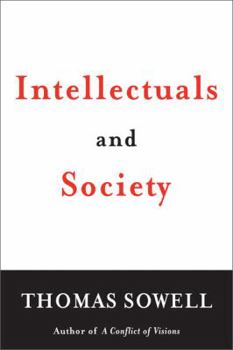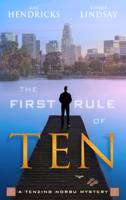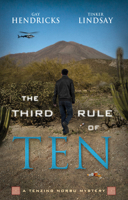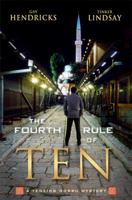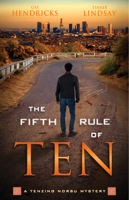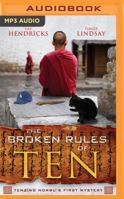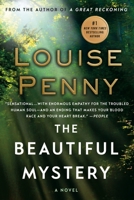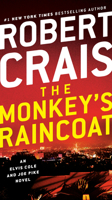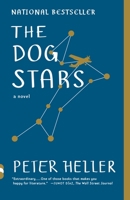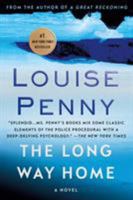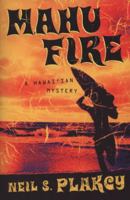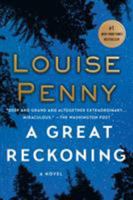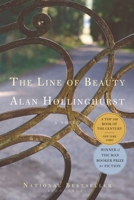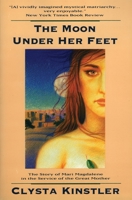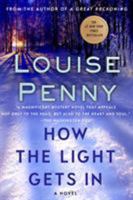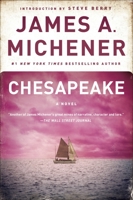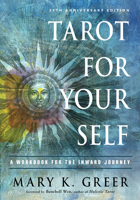Intellectuals and Society
Select Format
Select Condition 
Book Overview
The influence of intellectuals is not only greater than in previous eras but also takes a very different form from that envisioned by those like Machiavelli and others who have wanted to directly influence rulers. It has not been by shaping the opinions or directing the actions of the holders of power that modern intellectuals have most influenced the course of events, but by shaping public opinion in ways that affect the actions of power holders in democratic societies, whether or not those power holders accept the general vision or the particular policies favored by intellectuals. Even government leaders with disdain or contempt for intellectuals have had to bend to the climate of opinion shaped by those intellectuals. Intellectuals and Society not only examines the track record of intellectuals in the things they have advocated but also analyzes the incentives and constraints under which their views and visions have emerged. One of the most surprising aspects of this study is how often intellectuals have been proved not only wrong, but grossly and disastrously wrong in their prescriptions for the ills of society -- and how little their views have changed in response to empirical evidence of the disasters entailed by those views. This description may be from another edition of this product.
Format:Hardcover
Language:English
ISBN:046501948X
ISBN13:9780465019489
Release Date:January 2010
Publisher:Basic Books (AZ)
Length:398 Pages
Weight:1.48 lbs.
Dimensions:1.3" x 6.8" x 9.5"
Age Range:18 years and up
Grade Range:Postsecondary and higher
You Might Also Enjoy
Customer Reviews
5 customer ratings | 5 reviews
There are currently no reviews. Be the first to review this work.











